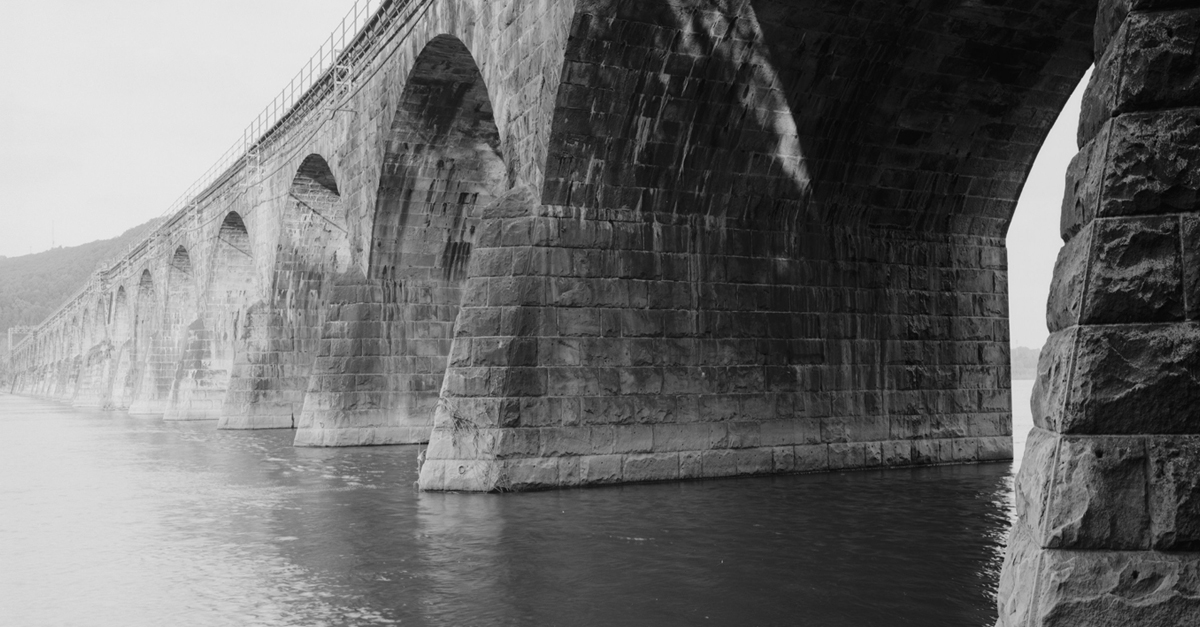Discovering State History

Here’s a fun fact; the Rockville Bridge in Harrisburg, Pennsylvania is the longest stone arch bridge in the world. Constructed between April 1900 and April 1902 by the Pennsylvania Railroad, it has forty-eight 70-foot spans, for a total length of 3,820 feet (1,164 m). This is just one little bit of trivia but a quick Google search can bring up even more fascinating history and trivia about Pennsylvania, my home state.
As parents, it is beneficial for us to explore state history with our kids. Whether it’s learning about our state flower and anthem or studying important people who were born in our state, learning about where you live can be rewarding. Of course, it’s not just state history that is important; learning about your local town or city and its history is also significant.
It’s one thing to read up on state history and local history but experiential knowledge is important too. Visit your state capitol with your kids and talk about state government. Visit local sites that your state is famous for such as state parks, historical monuments, or the home of a famous business like the original Starbucks in Seattle.
Another thing that can be fun and educational for you to do as a family is to discover when, why, and how your state was formed. You can also explore how your city or town was created and who were the first people to live where you do.
Teaching your children the history surrounding the location where you live is helpful not only in providing them with geographic roots but also in inspiring them to care for and cultivate their community by being active and involved locally, and engaged in the democratic process by voting in local and state elections, not just national elections.
Part two of a four part series on history.
Part 1 – The Importance of Family History
Part 2 – Discovering State History
Part 3 – National History
Part 4 – Signs of History